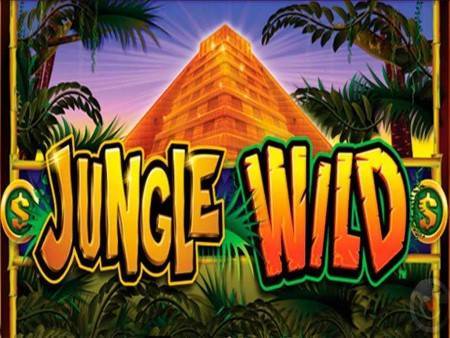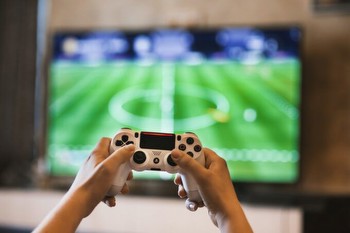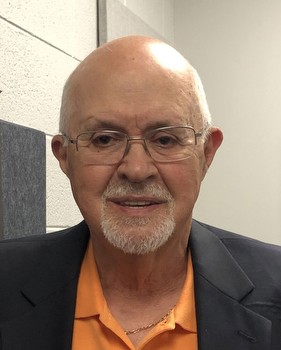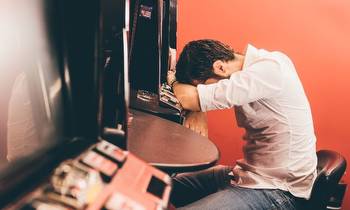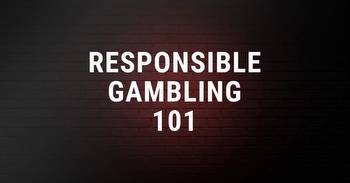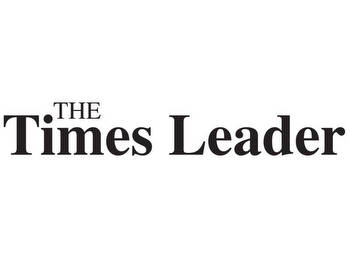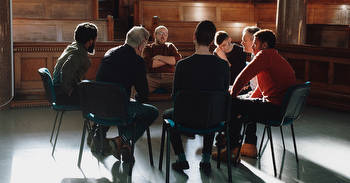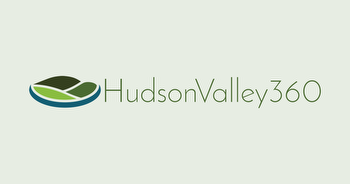Don’t let March Madness become a gambling problem, Anazao specialists say
With March Madness in full swing, Anazao Community Partners, a nonprofit organization serving Wayne and Holmes counties, urges residents to be aware of the increased risks of online gambling addiction.
The National Council on Problem Gambling estimates nearly 4 million adults in the U.S. struggle with a gambling problem, and rates are projected to rise with the ease of access to online gambling platforms. A recent study by the NCPG revealed problem gambling rates are twice as high among sports bettors compared to gamblers in general.
“Gambling takes many forms but the core is to take a risk or a chance in order to get a higher payout than you put in,” says Joseph Messner, LPCC-S, adult services provider at Anazao Community Partners.
Increased risks of online sports betting
Convenience and accessibility: Online platforms make gambling readily available 24/7, increasing the risk of impulsive betting and excessive gambling behavior.
In-game betting: The ability to wager throughout a game can lead to chasing losses and larger bets. “Players may assume that it’s just part of the game that they’re playing and not associate their choices with gambling,” Messner said.
Focus on entertainment value: Online sports betting can blur the lines between entertainment and gambling, making it easier to lose track of time and money spent.
Recognizing problem gambling:
Preoccupation with gambling thoughts or urges to gamble
“Needing to gamble with increasing amounts of money to achieve the same level of excitement or to get a higher and higher payout,” Messner said.
Repeated unsuccessful efforts to control, take a break from, or quit gambling
Gambling causing relationship problems, job loss or financial difficulties
Lying to family or friends to hide gambling behavior
Chasing losses or borrowing money to gamble
Feeling restless or irritable when unable to gamble
Talk in terms of behavior; don't use labels
“How we talk about problem gambling is what makes all the difference in supporting folks who may be struggling with sports betting and other gambling,” said J Greg Morrison, prevention and communication specialist at Anazao Community Partners. “Saying things like, ‘you sound like you might be an ‘addict’ or ‘a problem gambler’ can make someone defensive and resistant to recognizing or having a conversation, much less seeking treatment for their struggles with gambling. It’s more productive to talk in terms of their behavior versus how the behavior defines them.
“The legalization of sports betting makes it all the more important to highlight the risk factors of gambling in middle or high school especially around events like March Madness,” continued Morrison. “Introducing youth to Ohio’s own ‘Change The Game’ https://changethegameohio.org/education/education-for-youth/ resource. Pause Before You Play https://pausebeforeyouplay.org/ is the resource for adults and is the best place for any parent, teacher, coach, or other caring community member to start to learn more about problem gambling and how to reduce the risk for their loved ones.”
Problem gambling seems to be increasing, according to specialists and researchers, as sports betting was recently legalized in Ohio.
“It also often seems to go unnoticed or is not brought up, as it tends to be viewed as ‘okay’ because it’s legal,” says Garrett Barr, LISW-S, specialized outpatient provider at Anazao Community Partners. “It’s OK to feel like you or your family member has a problem, and it’s okay to feel like you or your family member should receive help, because the help is available.”
Anazao Community Partners, supported by the Mental Health and Recovery Board of Wayne and Holmes Counties, has licensed professionals trained to identify and treat problem gambling. If you or someone you know is struggling with gambling addiction, please call Anazao at 330-264-9597 to connect to same-day support.
Tami Mosser is the executive support specialist for Mental Health & Recovery Board of Wayne and Holmes Counties







